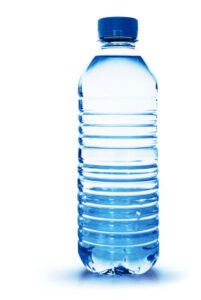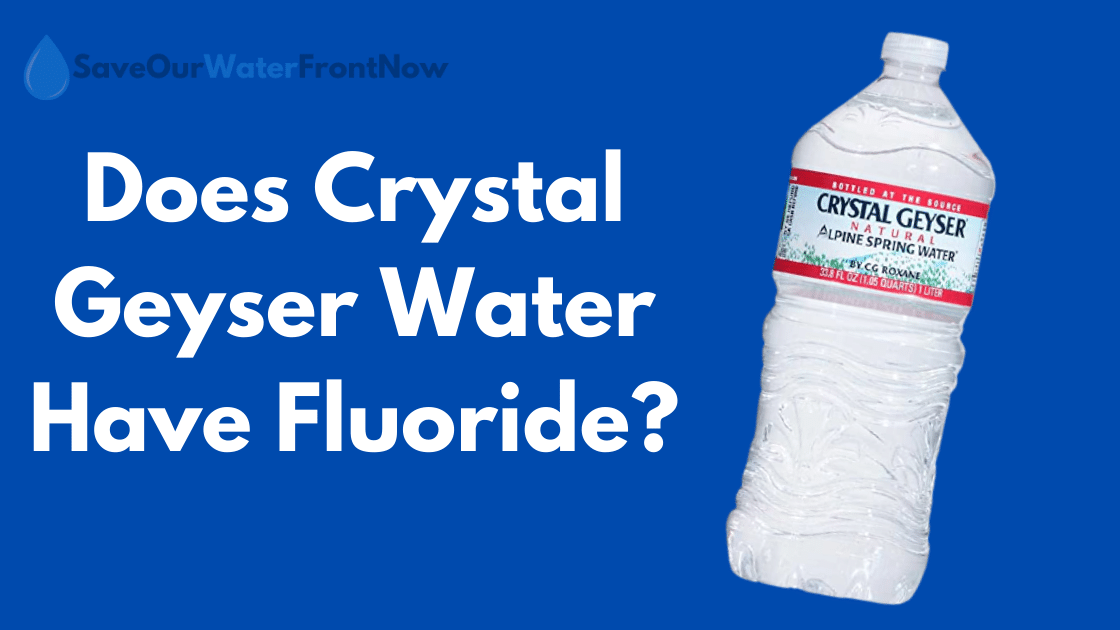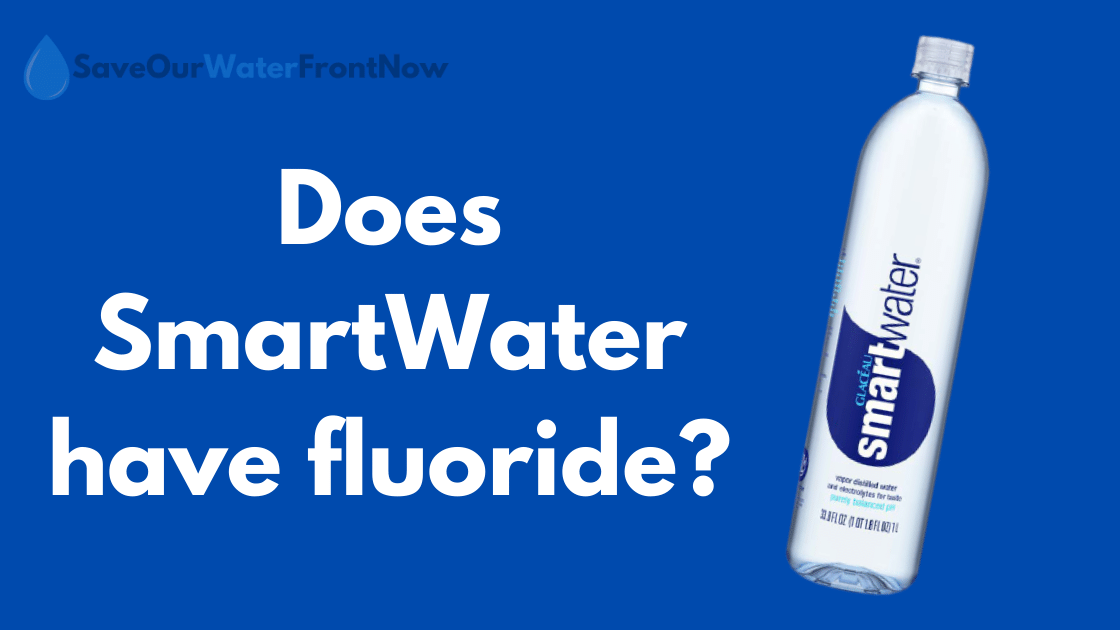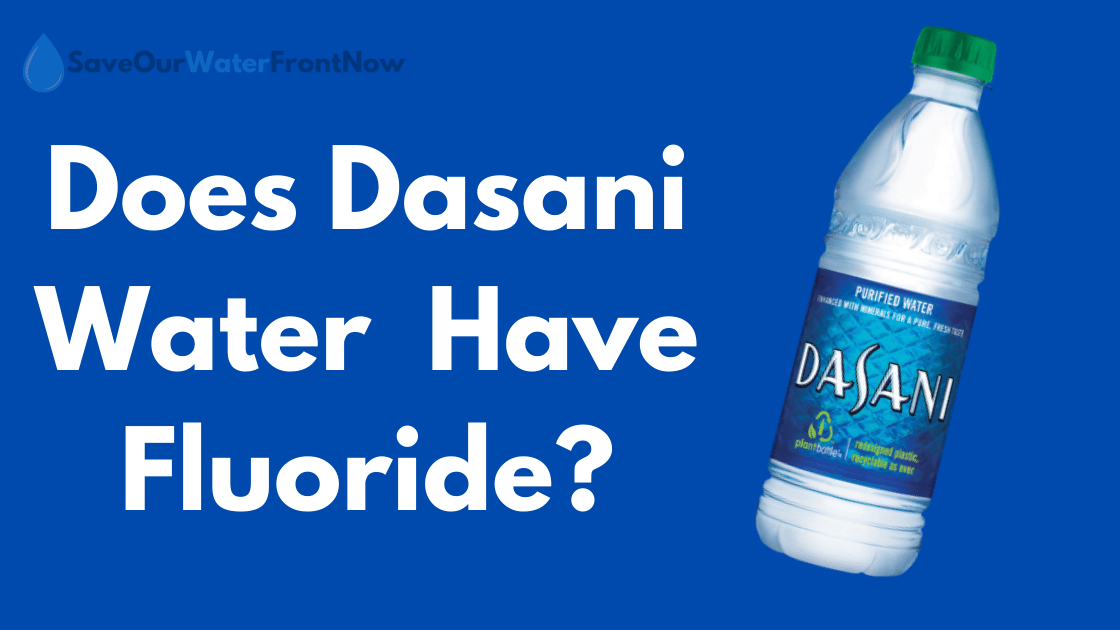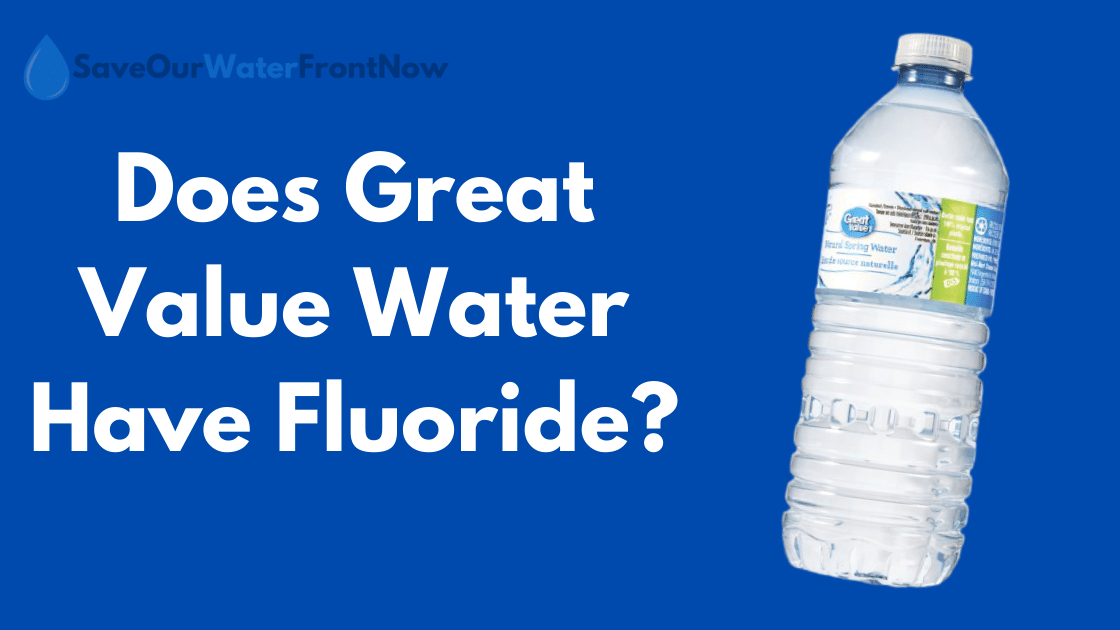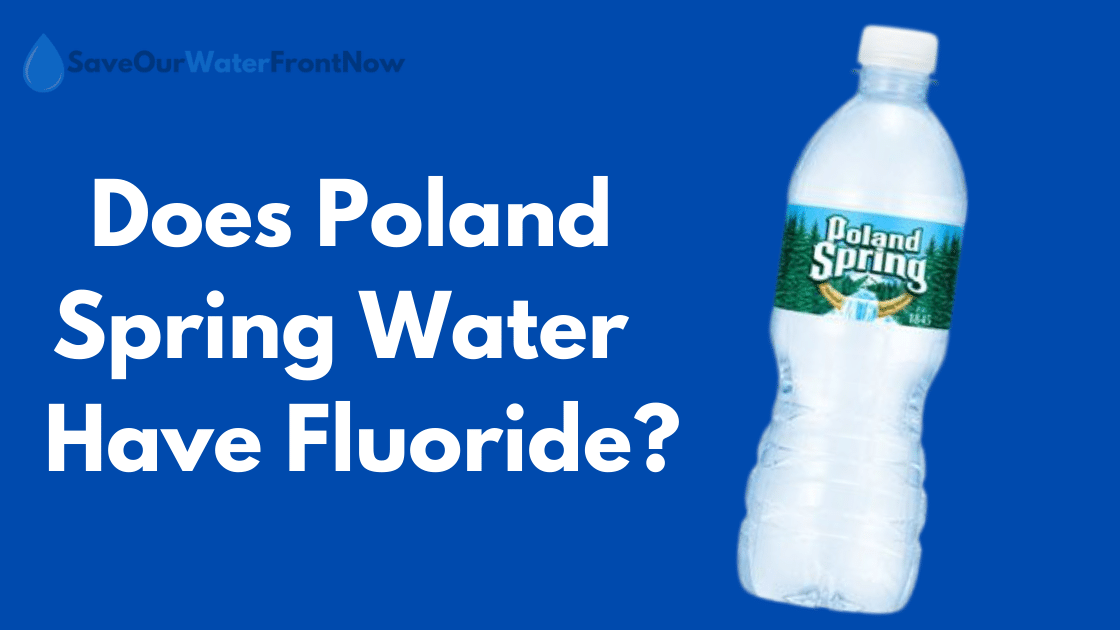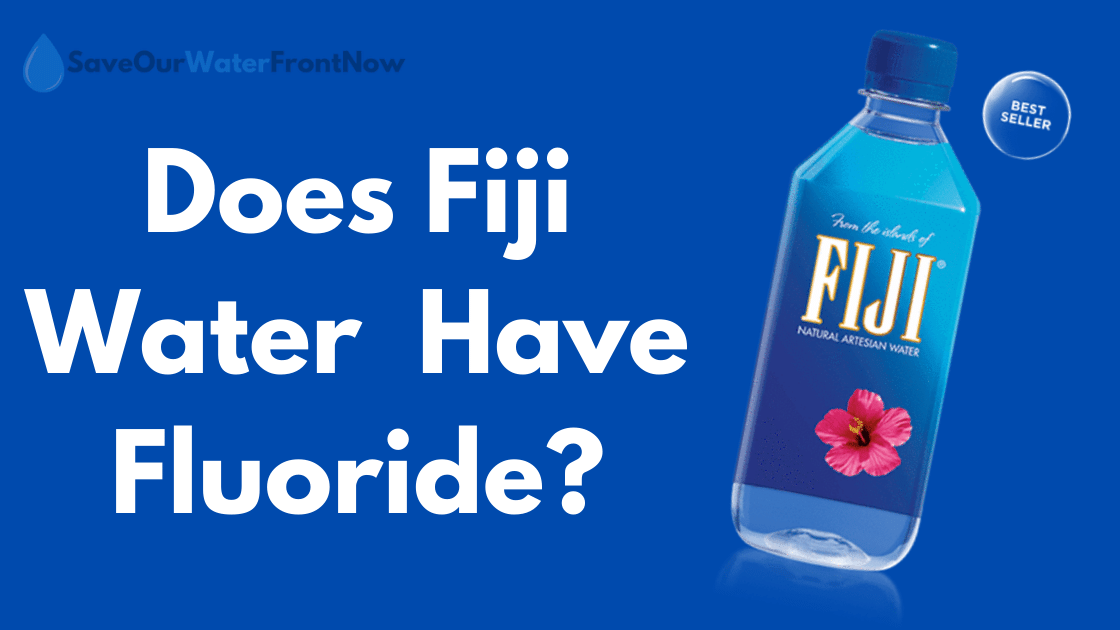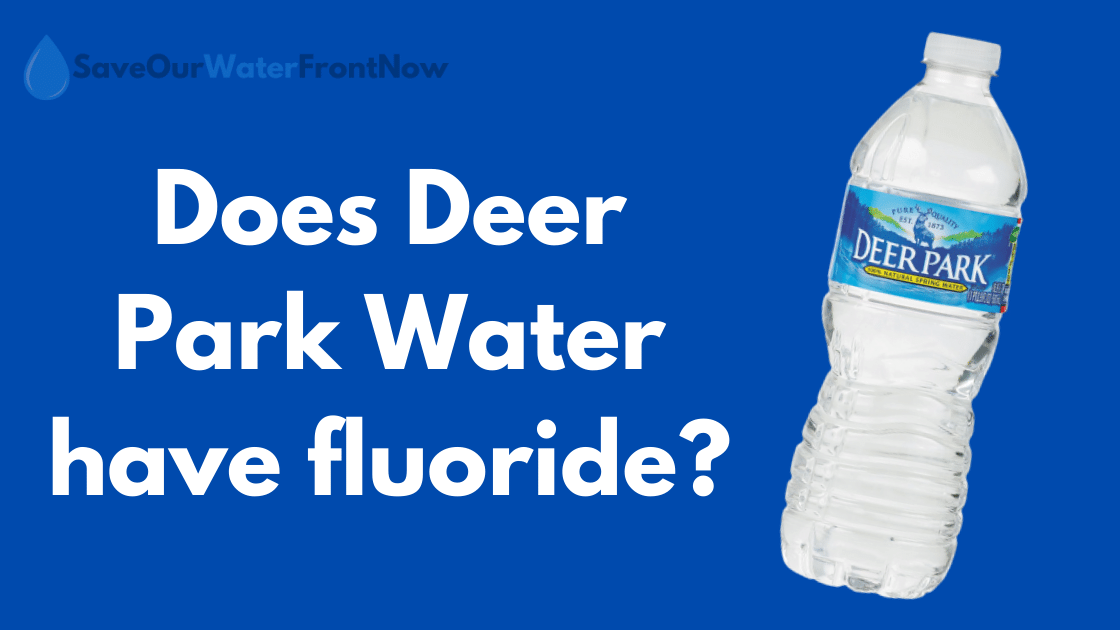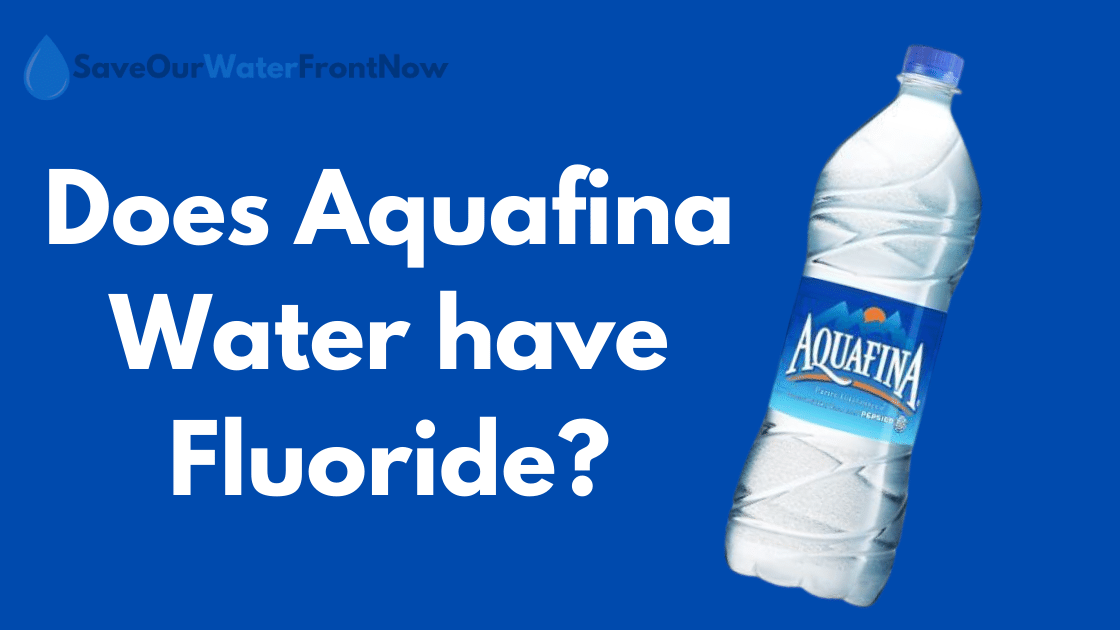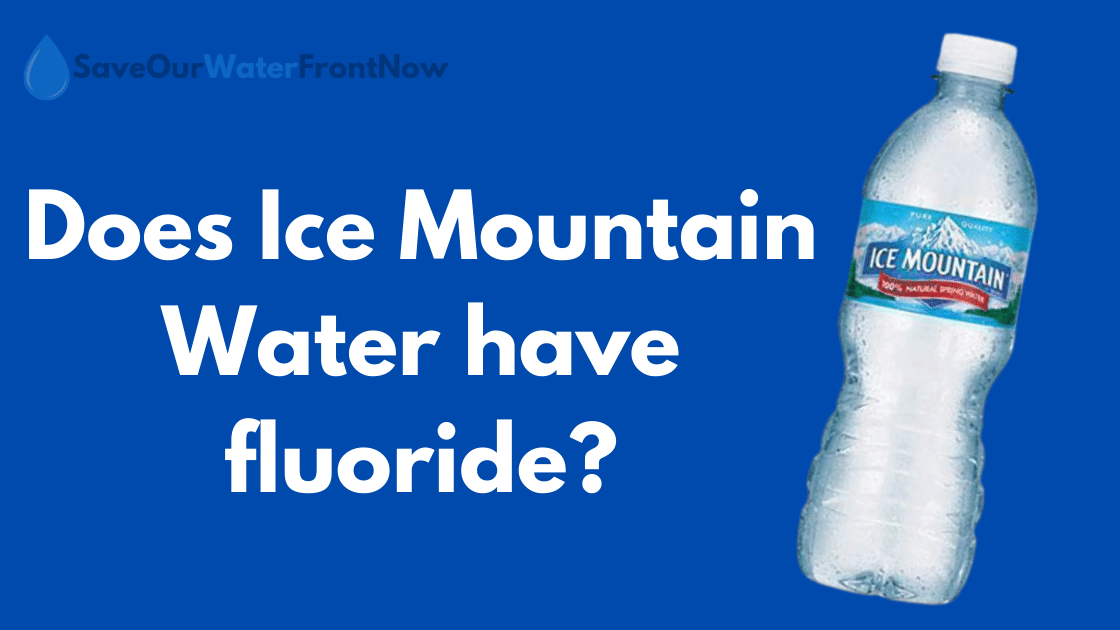Does Crystal Geyser Water Have Fluoride?
Taking the adverse health effects of fluoride into consideration the truth about each and everything you tend to include in your diet should be double-checked of whether it contains any levels of fluoride or not. For this, Fluoride detox will guide you through the necessary steps. So, it makes absolute sense to want to know …

